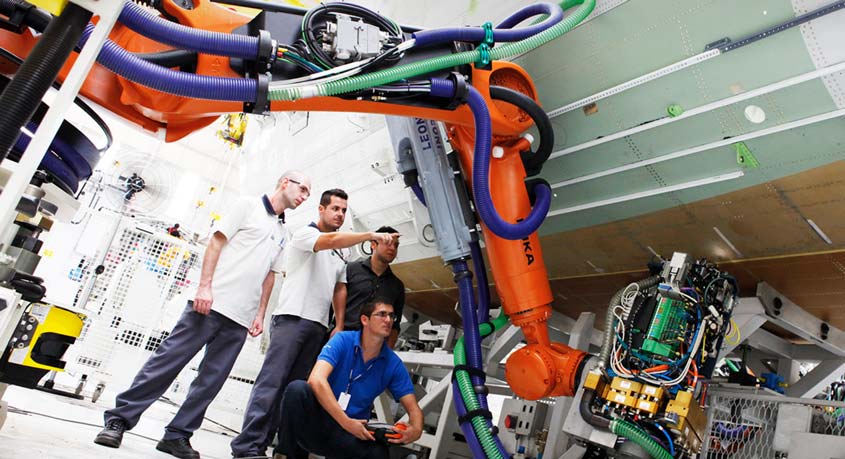Alpargatas, Brazil’s largest footwear manufacturer, has become synonymous with its iconic Havaianas brand, which is known worldwide for its casual and stylish flip-flops. In recent years, the company has taken significant steps toward sustainability in its manufacturing processes, aligning its production practices with the growing global demand for environmentally conscious products.
Sustainable Materials and Sourcing
Alpargatas has implemented sustainable sourcing practices by ensuring that the raw materials used in the production of Havaianas come from eco-friendly suppliers. The company has increased the use of recycled rubber in its flip-flops, reducing the need for virgin materials and minimizing waste. Additionally, Alpargatas works with certified suppliers who follow sustainable harvesting practices for rubber and other natural materials used in production.
Energy-Efficient Production Processes
Alpargatas has invested in energy-efficient technologies across its manufacturing plants to reduce the carbon footprint of its operations. By incorporating renewable energy sources such as solar and wind power, the company has been able to cut down on energy consumption and greenhouse gas emissions. The use of automated systems and energy-efficient machinery further enhances the company’s ability to produce high-quality footwear while minimizing environmental impact.
Waste Reduction and Recycling Programs
Waste management is a key focus for Alpargatas as part of its sustainability efforts. The company has established comprehensive recycling programs at its production facilities, where leftover rubber and other materials are collected and repurposed. These materials are used to create new products, such as rubber mats, or are reintroduced into the manufacturing process, reducing overall waste.
Commitment to Fair Labor Practices
Sustainability at Alpargatas extends beyond environmental concerns to include social responsibility. The company is committed to fair labor practices, ensuring safe working conditions, fair wages, and opportunities for skill development for its employees. Alpargatas also works with local communities to create jobs and support sustainable development projects, making a positive impact on the regions where its manufacturing plants are located.
Havaianas’ Global Sustainability Initiatives
As part of its global sustainability strategy, Alpargatas has launched several initiatives to promote eco-friendly practices beyond its factories. Havaianas has introduced a take-back program in key markets, allowing customers to return used flip-flops for recycling. The brand has also partnered with international organizations to support environmental conservation efforts, particularly in coastal areas where Havaianas are most popular.
Conclusion
Alpargatas’ commitment to sustainability in the production of Havaianas has positioned the company as a leader in both the footwear industry and environmental stewardship. By focusing on sustainable materials, energy-efficient production, waste reduction, and social responsibility, Alpargatas is setting an example for other manufacturers in Brazil and around the world. As consumer demand for sustainable products continues to grow, Alpargatas is well-positioned to meet these expectations while contributing to a greener future.



